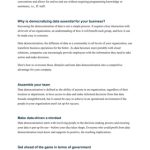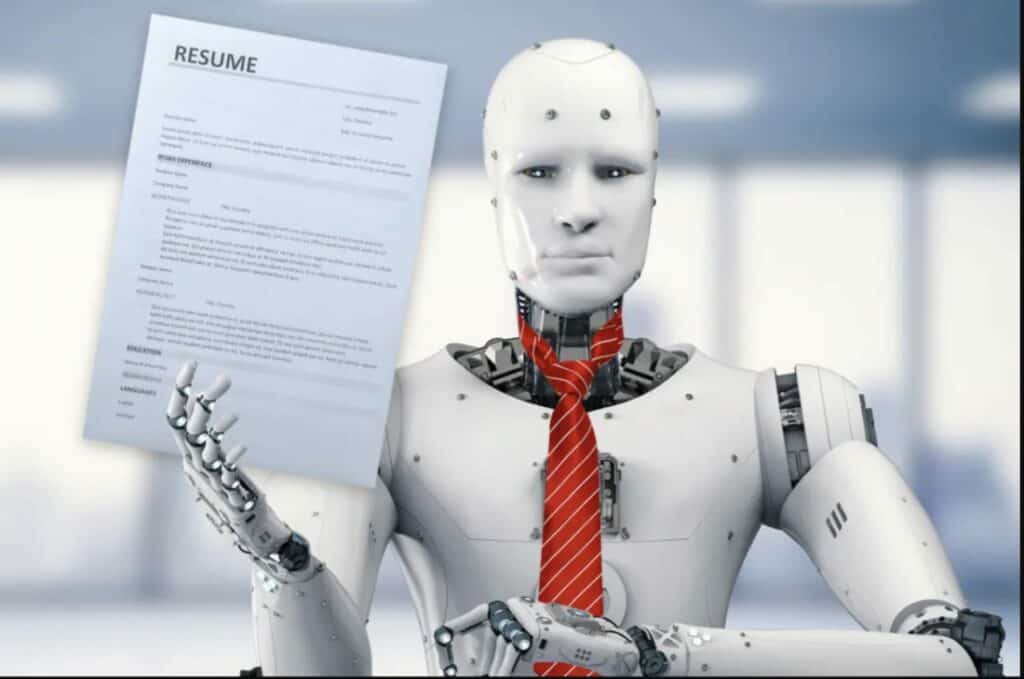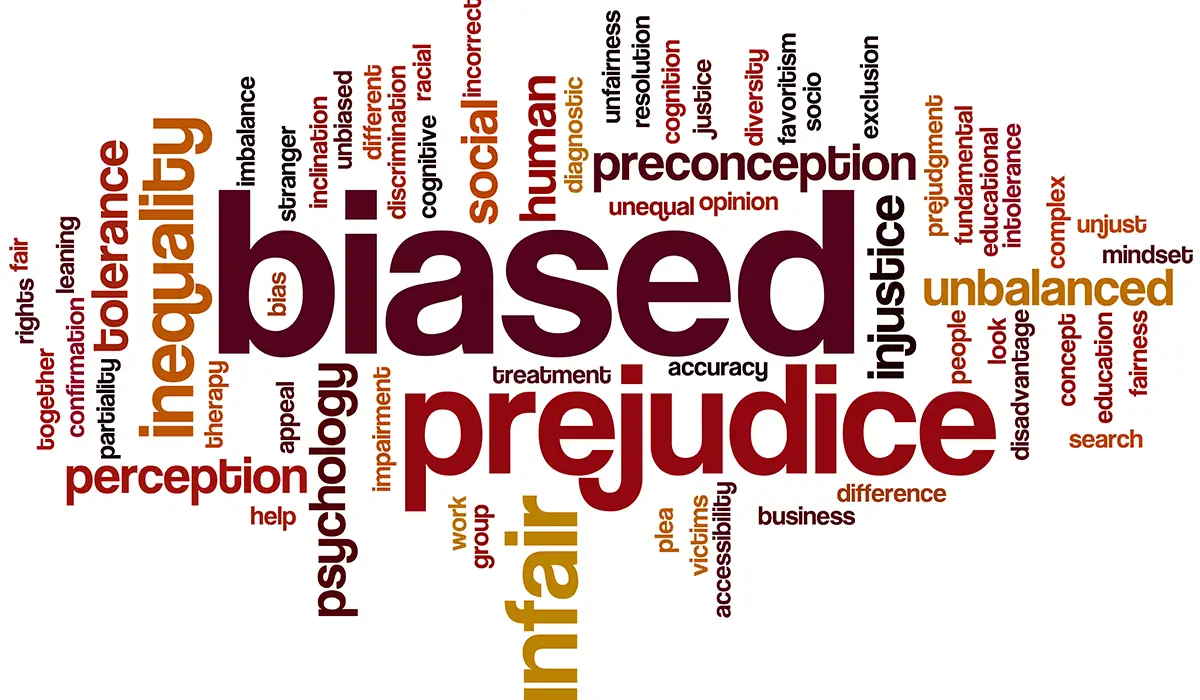Will Gemini Replace Human Jobs?

Gemini, a powerful artificial intelligence (AI) developed by Google, has sparked widespread speculation about its potential to replace human jobs. While Gemini possesses advanced capabilities in language processing, generating text and code, and extracting insights from data, it is crucial to examine the specific contexts and implications of this technology’s integration into the workforce.

Gemini’s Impact on Employment

Gemini’s potential to automate routine and repetitive tasks has fueled concerns among workers in various industries. However, it is important to note that AI’s impact on employment is not a zero-sum game. While certain jobs may become obsolete, new opportunities will likely emerge that require different skills and knowledge.
For instance, as AI automates tasks like data entry, customer service, and manufacturing processes, it creates demand for professionals who can design, implement, and manage these systems. Additionally, AI could enhance productivity and efficiency in various industries, leading to economic growth and the creation of new jobs.
The Human-AI Collaboration
Rather than replacing human workers entirely, Gemini and similar AI systems are more likely to coexist with humans in a collaborative partnership. AI can handle repetitive and data-intensive tasks, freeing up human workers to focus on higher-level cognitive activities that require creativity, critical thinking, and emotional intelligence.
This collaboration can lead to improved outcomes as humans and AI leverage their respective strengths. AI’s ability to analyze vast amounts of data and identify patterns can augment human decision-making, while human intuition and creativity can guide AI systems towards effective solutions.
Reskilling and Upskilling
While Gemini’s advent presents challenges, it also offers opportunities for workers to reskill and upskill. By acquiring knowledge in fields like data science, machine learning, and AI ethics, workers can adapt to the changing demands of the workforce and stay relevant in the digital age. Governments, educational institutions, and companies have a role to play in facilitating this transition through targeted programs, training initiatives, and lifelong learning opportunities.
Ethical Considerations
The integration of Gemini and other AI systems into the workplace raises ethical considerations that require careful attention. As AI becomes more prevalent in hiring, performance evaluation, and decision-making processes, it is crucial to ensure fairness, transparency, and accountability.
Bias mitigation is essential to prevent AI systems from perpetuating or amplifying existing societal biases. Organizations must implement robust mechanisms to evaluate and address bias in AI algorithms to ensure equal opportunities for all workers.
Conclusion
Gemini’s emergence as a powerful AI tool has ignited discussions about its potential impact on human jobs. While concerns about job displacement are valid, it is equally important to recognize the potential for collaboration and the creation of new opportunities. By embracing reskilling and upskilling initiatives, addressing ethical concerns, and fostering a collaborative human-AI partnership, we can harness the benefits of AI while mitigating its potential negative consequences.











